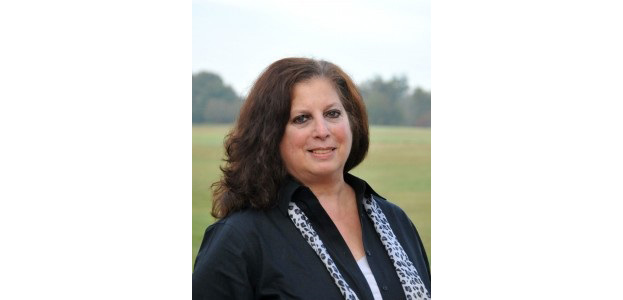Linda Woodcock came to Magee this February, following a stroke that affected her physical mobility, communication, and thinking skills. In what seemed like a split second, she went from being an independent professional working at a full time job she loved, to being a patient at Magee where she worked daily to recover memory, attention, and verbal communication skills that were lost following her stroke. I had the pleasure of being Linda’s speech-language pathologist during her stay at Magee where she made improvements daily by participating in therapy activities and using external aids like a memory log book. With the help of her Magee team and ongoing support provided by family and friends, Linda made great gains in her short stay in rehab. She shares her story and inspiring words with us today.
Ashley Owens: Tell us a little bit about yourself.
Linda Woodcock: I am 59 years old. I grew up in Philadelphia and eventually moved to New Jersey where I have been ever since. I work for a great company in Marlton, NJ called Insight Telepsychiatry. My job is to train psychiatrists all over the country to use a program that allows them to provide online services to people who are unable to receive in-person therapy. I am responsible for creating the training curriculum and materials. I love my job! In my free time, I like to swim, walk my dogs, and run with weights. I’ve been a swimmer all of my life, and I used to be a lifeguard. I also love going to the Art Museum and a place called Grounds for Sculpture. I have a wonderful son, Ian, who works as a flight attendant.
AO: What brought you to Magee?
LW: I had a stroke, and my sister arranged the plans for my stay at Magee. I know people who have stayed at Magee and have made a lot of progress. We were happy that I was able to come here for rehab.
AO: What was the first day of your rehab at Magee like?
LW: I was a little scared in the beginning, and rightfully so. I had never been in this kind of situation before. I have been in hospitals, but this was a completely different experience. There is a lot of care involved and lots of time in therapy. You have to adapt and learn what your care team is teaching you in therapy. Once you meet your therapists, you feel connected to them and motivated to recover.
AO: What advice would you give to another stroke/brain injury survivor?
LW: Trust the people that are trying to help you. Trust yourself and believe that things are going to get better. Your attitude is important: it’s what really helps move you forward. Try not to be scared because there are lots of people who have gone through similar or worse situations and have ended up getting the help they need and feeling confident about their life after rehab. Try to do the best you possibly can!





